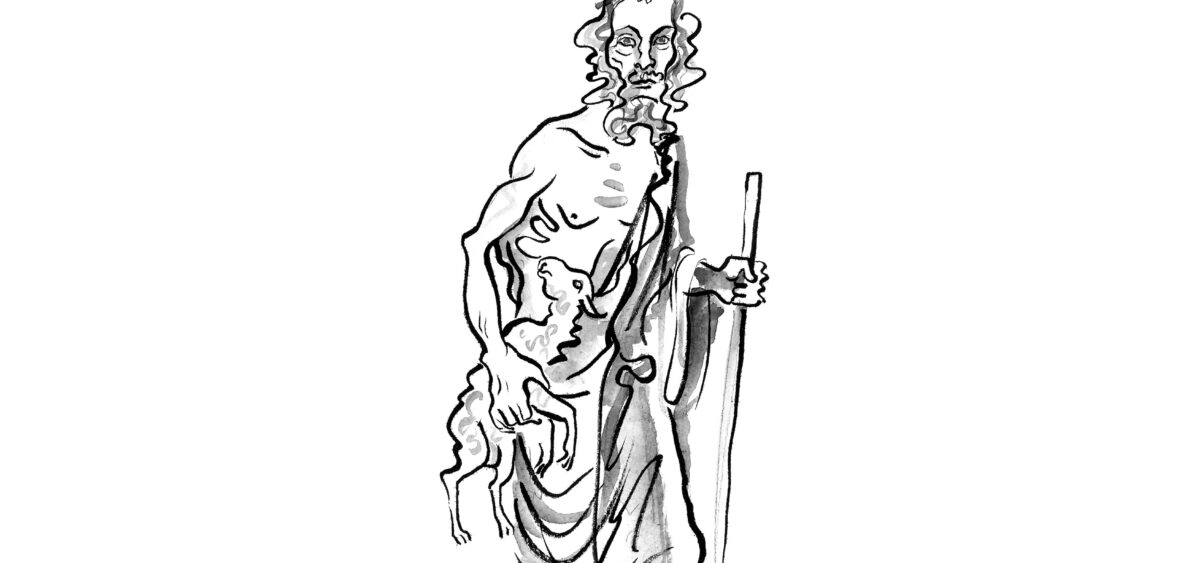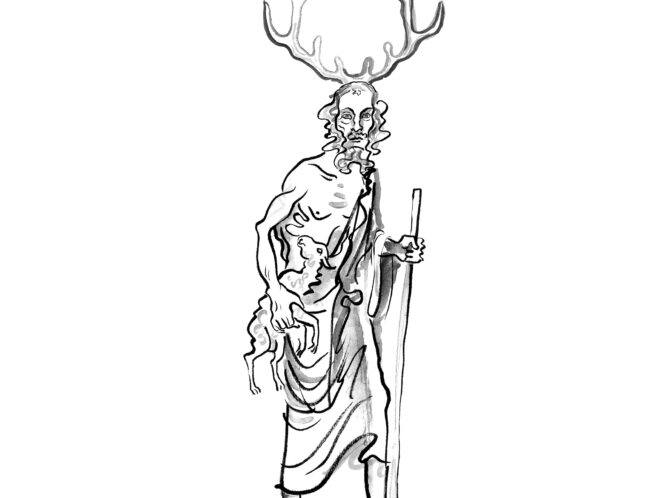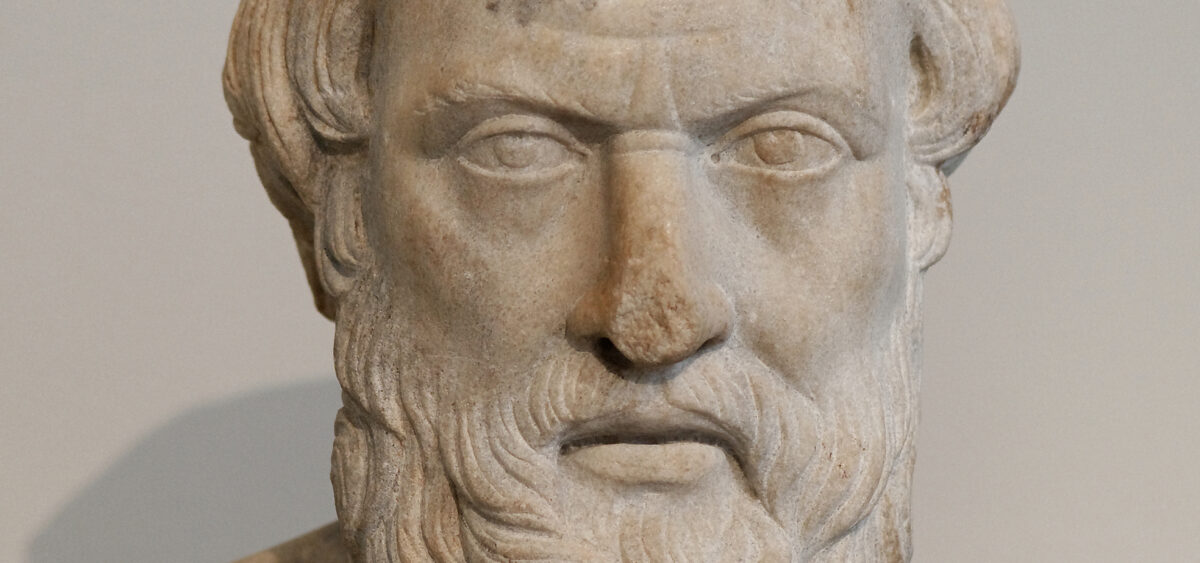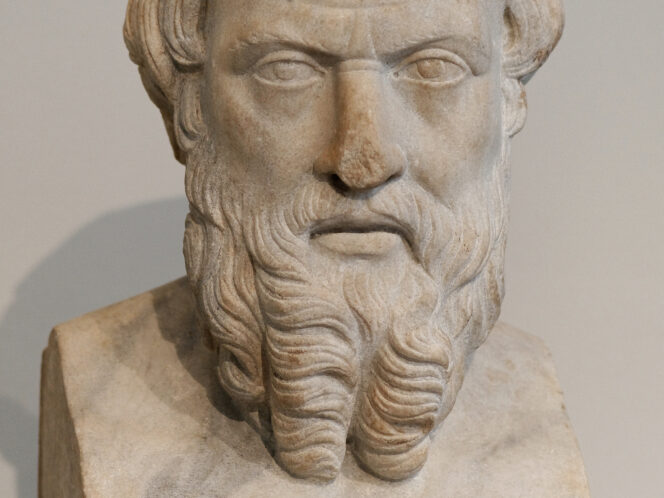
Pythagoras, who formulated the famous mathematical equation, practised fortune-telling, Epimenides of Crete was a soothsayer, while the philosopher Empedocles could supposedly resurrect the dead. Does this mean that ancient Greece had its own shamans?
The term ‘shaman’ comes from the Tungusic word samān, in turn derived from the verb sa (‘to know’). Strictly speaking, shamanism is a religion of the Siberian peoples. Its ‘discovery’ and description by Western scholars (including the exceptional Polish researcher Maria Czaplicka, who is little known in her own country) led to the reinterpretation of many cultural texts and phenomena, beginning with prehistoric cave paintings and ending with European ‘paganism’ or folklore.
Some argue that shamanism is one of the oldest forms of religion, existing at least since the Upper Palaeolithic. Perhaps the famous cave paintings in Lascaux, Trois Frères or Altamira are depictions of shamanistic trance. Among other things, they present human figures wielding staves and wearing animal furs. Birds are emerging from their bodies, possibly symbolizing the soul. Some of the men have visible erections, which also confirms their having entered a state of ecstasy.
Shamanism was culturally important in hunter-gatherer and nomadic-pastoral communities, but it must have begun to fade as these groups started to disappear. Although the peoples of Central and North Asia were subject to Eastern influences, they nevertheless preserved shamanism in a ‘pure’ form, although it is not dominant there and coexists alongside other forms of cult. Still, it is in this region that shamanism has enjoyed particular reverence, thanks to which its unique practices and rituals have survived to this day.
Owing to brilliant studies such as Shamanism: Archaic Techniques of Ecstasy by Mircea Eliade, we know that such practices were common across various religions and areas. This has in turn sparked an endless debate about whether shamanism is universal, emerging independently and spontaneously in different cultures due to its psychobiological origins, or historical, spreading thanks to intercultural exchanges.
After decades of enquiry, shamanism finally ceased to be marginalized (it used to be regarded at best as a subject suitable for psychopathology, while earlier it








